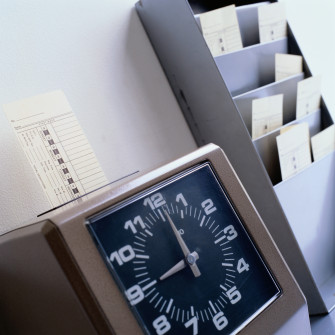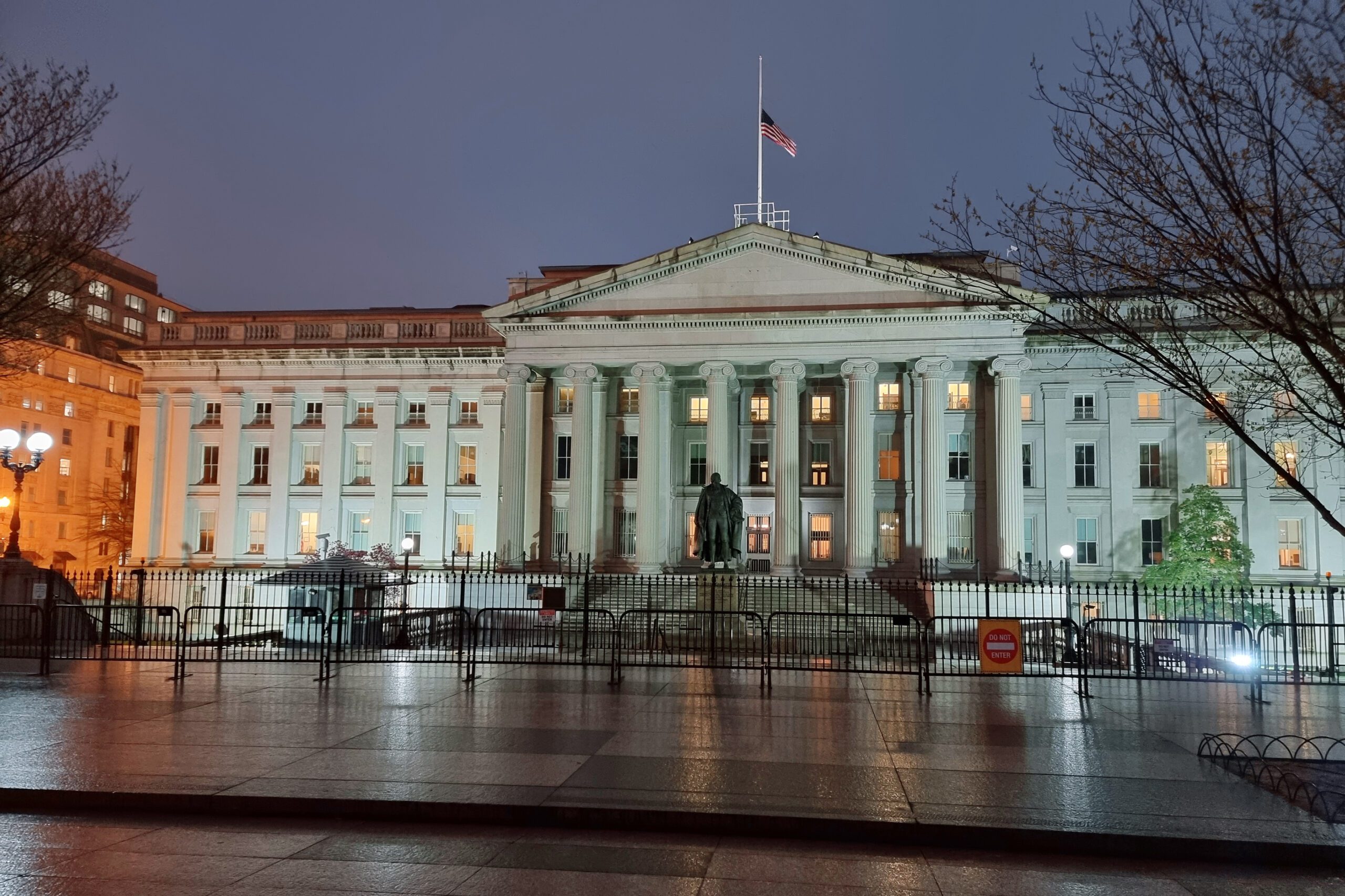COVID Screening Time Not Compensable, Says Illinois District Court
In an opinion issued on December 7, 2023, a federal district court in the Northern District of Illinois held that time spent in COVID screening activities was not compensable under federal or Illinois law.
In the underlying collective and class action, Johnson v. Amazon.com Services, LLC, the plaintiffs—warehouse employees whose job duties included moving boxes, stacking packages, and loading boxes—alleged that the defendant’s failure to pay them for time spent being screened for COVID violated the Fair Labor Standards Act (FLSA) and Illinois wage statutes. With the COVID outbreak, the company began requiring its employees to undergo a ten- to fifteen-minute screening process consisting of a temperature check and answering health-related questions. The plaintiffs alleges that the screening was necessary to the principal work performed by them and the class members and therefore was compensable under the FLSA and state law.
Under the Portal-to-Portal Act amendments to the FLSA, codified at 29 U.S.C. § 254(a)(2), employers are not required to pay for time spent on preliminary or postliminary activities that occur before or after the principal activity an employee is employed to perform, except for tasks that are “integral and indispensable” to the principal activities. As the Supreme Court has explained, an activity is “integral and indispensable to the principal activities that an employee is employed to perform if it is an intrinsic element of those activities and one with which the employee cannot dispense if he is to perform his principal activities.” Ambiguity over whether certain tasks are “integral and indispensable” has contributed to litigation in recent years regarding activities such as bag checks, other security screenings, and health screenings, among other allegedly compensable tasks.
The court in Johnson held that a COVID screening is neither integral nor indispensable to the plaintiffs’ principal activities of moving boxes, stacking packages, and loading boxes, and not integral to the functioning of the warehouse generally. The court likened COVID screenings to security screenings for theft or safety, which are “concerned with aspects of society generally.” In other words, they “enabled to the businesses to function more efficiently or safely, but they are not necessary for the business to function on any given day.” As such, the court concluded, neither the FLSA nor the Illinois Minimum Wage Law, which is interpreted consistently with the FLSA, requires compensation for the time spent in COVID screenings.
The court also dismissed the plaintiffs’ quantum meruit claim, noting that “the COVID screening conferred a benefit not just on [the company], but on Plaintiffs, their co-workers, and society as a whole, because it … helped mitigate a global pandemic.”
The compensability of health-related screening and testing time has been a hot topic since the outbreak of COVID. The Johnson opinion provides some welcome clarity on the issue, although businesses must still consider whether state law in another jurisdiction might require a different analysis.
Proskauer’s Wage and Hour Group is comprised of seasoned litigators who regularly advise the world’s leading companies to help them avoid, minimize, and manage exposure to wage and hour-related risk. Subscribe to our wage and hour blog to stay current on the latest developments.






